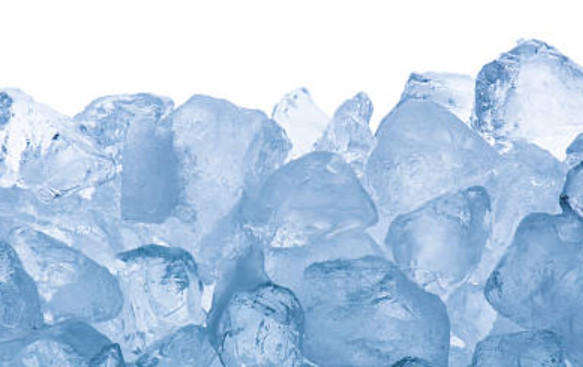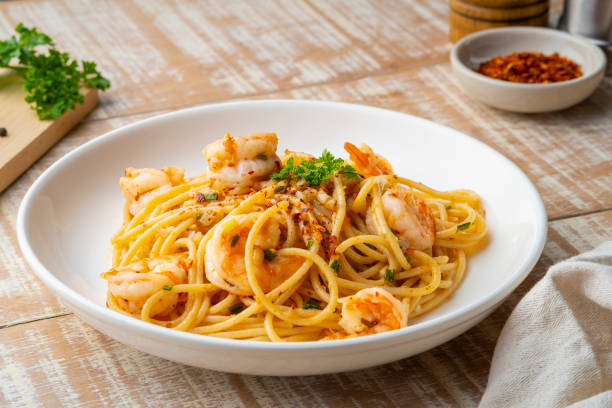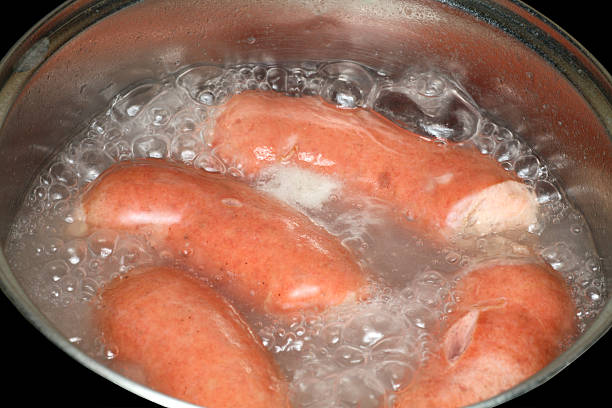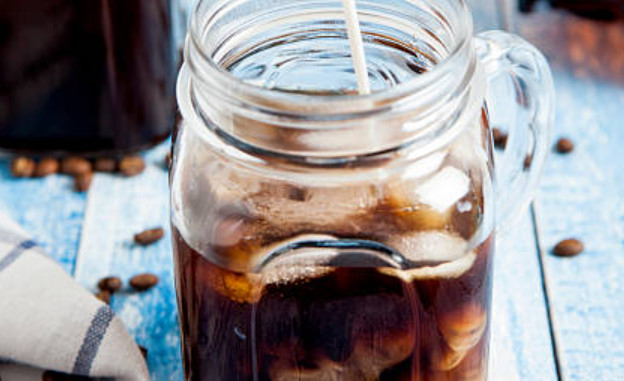How Long Does It Take For Ice To Freeze? | Learn About Ice
Embarking on a journey to understand the intricacies of water transforming into ice is a fascinating exploration of physics, chemistry, and the environment surrounding us. The process, seemingly simple at a glance, involves a complex interplay of temperature, the physical properties of water, and external conditions, all of which dictate the timeframe for ice to form. In this comprehensive guide, “How Long Does It Take For Ice To Freeze,” we delve deep into the scientific principles and practical factors that influence the freezing time of water, offering insights that bridge theoretical knowledge with everyday experiences.
Our exploration is grounded in scientific expertise, drawing upon the fundamentals of thermodynamics and molecular behavior to illuminate how and why ice forms in the way that it does. This article is designed not just to satisfy your curiosity but to enhance your understanding of the natural world, providing valuable knowledge that applies to various practical scenarios, from culinary endeavors to outdoor adventures.
As we navigate through the nuances of the freezing process, including the effects of container material, water purity, and environmental temperature, our goal is to pique your curiosity and encourage a deeper engagement with the science behind a phenomenon so common, yet so rich in complexity. Whether you’re a science enthusiast, a professional seeking to apply this knowledge, or simply someone intrigued by how the natural world operates, this article promises to shed light on the fascinating journey from liquid to solid, making the familiar process of water freezing an invitation to explore the wonders of science. Join us as we unravel the mystery of how long it takes for ice to freeze, a question that reveals the intricate dance of molecules and the profound impact of seemingly minor variables on the world around us.
Contents
The Basics of Ice Making
The Science of Freezing Water
For water to transition from its liquid state into solid ice, its molecules must slow down enough to crystallize and latch onto each other. This occurs when the kinetic energy of water molecules drops below a certain threshold. Heat must be removed from the water for this energy loss to happen. As the water loses heat, it reaches its freezing point – 32°F or 0°C. At this precise temperature, the orderly alignment of molecules allows the initiation of ice crystallization. Ice formation then propagates rapidly outward as more molecules attach to the crystalline lattice. Factors like water purity, agitation, and bubble nucleation sites further influence the freeze progression.
Safety First
Freezing water into ice can be an enjoyable hobby, but safety should always come first. Here are some key precautions:
- Use dedicated ice trays and avoid items that could shatter in the freezer.
- Handle extremely cold trays and ice with care to avoid freezer burn.
- Supervise children around freezing liquids to prevent accidental spills.
- Avoid overfilling trays as water expands when frozen.
- Never put glass bottles or jars in the freezer as they may burst.
- Ensure good freezer ventilation and don’t overcrowd.
More watching video: How It’s Made – ICE MAKERS
How Long Does It Take For Ice To Freeze?
On average, a standard ice tray takes about four hours to completely freeze. However, this time can vary significantly depending on many different factors. Specifically, the size and shape of each ice cube can make the freezing process faster or slower.
Factors Affecting Freezing Times
Material Matters
The material used to make ice cube trays directly affects heat transfer and thus freezing speed. Metal like aluminum or stainless steel conducts heat rapidly, significantly speeding up ice formation compared to plastics. Silicon ice molds are slower than metal but faster than standard plastic trays. Material thickness is another factor – thin-walled trays will freeze ice faster.
The Shape and Size Effect
Smaller ice cubes have more surface area relative to their volume, enabling faster freezing. Large cube trays can take nearly twice as long to fully freeze compared to small or standard sized cubes. Ice formed in spherical molds will freeze slowest due to having the lowest surface area to volume ratio.
Temperature Dynamics
The colder a freezer is set, the quicker ice production will be. Recommended freezer temperatures for fast freezing are 0°F to -10°F (-18°C to -23°C). Using lukewarm or room temperature water slows down freezing compared to chilled water. For fastest results, pre-chill water to 34-40°F (1-4°C) before transferring to ice trays.
Placement and Air Circulation
Ice freezes fastest when trays have direct air exposure rather than being stacked. Areas around the freezer vents provide active airflow, promoting heat transfer. Leaving space around trays allows cold air to circulate freely. Bottlenecks or overcrowding can create cool zones that slow down freezing.
Water Quality and Purity
Pure, distilled water freezes fastest and produces the clearest, most transparent ice. Water with high mineral content takes longer to crystallize. Impurities like chlorine or microorganisms also slow down freezing and cause cloudy ice appearance. Dechlorinated, bottled, or filtered water makes cleaner ice cubes.
Accelerating the Ice Making Process
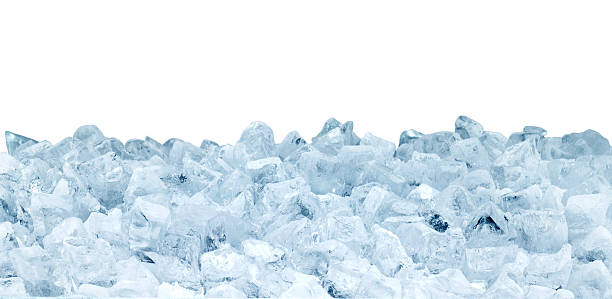
Speeding Up the Freeze
If you need ice in a hurry, here are some handy tricks:
- Pre-chill trays and water in the fridge for 1-2 hours before freezing.
- Use salted water – the salt lowers the freeze point so ice forms quicker.
- Agitate the trays midway through freezing to stimulate crystallization.
- Spray trays with cooking spray so cubes release faster after freezing.
- Use metal or silicon trays and small cube sizes for speed.
Innovative Freezing Methods
Looking to get creative with your ice making? Try these innovative ideas:
- Use fun-shaped molds like stars or legos for unique ice cubes.
- Freeze fruit purees or coffee in ice trays for flavorful cubes.
- Chill wine bottles in salted ice baths for rapid cooling.
- Use ice cube bags for flexible storage and no tray stacking.
- Make frosty ice pops by freezing juice in molds with sticks.
The Mpemba Effect Explored
The counterintuitive Mpemba effect occurs when hot water freezes faster than an equal volume of cold water under certain conditions. Proposed explanations include:
- More rapid heat transfer from the hot water’s higher temperature gradient.
- The lower viscosity of hot water enabling faster molecular movement.
- Dissolved gases coming out of solution and acting as nucleation sites when hot water is used.
Testing the Mpemba effect yourself can give insight into this anomalous freezing behavior. Best conditions are using very pure water in narrow, smooth containers with minimal agitation.
Beyond the Tray – Ice Machines and Environmental Considerations
Ice Machines vs. Ice Trays
Ice machines can produce ice continuously without trays, often in under 15 minutes. They provide larger quantities and convenience but use more energy and water. Trays are low cost and energy efficient but very slow for large amounts. Machines work best for frequent heavy ice use, while trays suit lighter household demand.
Energy and Cost Analysis
A typical undercounter ice machine uses around 1500-2000 Watts and costs $30-50 annually to run, producing 130-150 lbs daily. This equals around 10 cents per pound. Trays use minimal energy for freezing but have water and labor costs for filling and stacking. For light use, trays are most economical. Heavy demand favors machines despite higher energy and purchase costs.
Environmental Sustainability
To be green when making ice:
- Recycle old freezer units responsibly – they contain refrigerants.
- Choose Energy Star certified efficient models.
- Size appropriately for demand to save water and energy.
- Use solar power at homes or businesses where possible.
- Repair ice makers and freezers when issues arise instead of replacing.
- Follow proper disposal and safety procedures for old ice machines.
The Art and Quality of Ice
Crafting Quality Ice
The purest water and coldest freeze makes the best quality ice – crystal clear, hard frozen, and free of odor or taste. Key tips:
- Filter water to remove chlorine and impurities.
- Freeze quickly at low temperatures like 0°F or below.
- Allow gases to escape by not filling to the brim.
- Prevent odor absorption by avoiding food contact.
- Freeze in smaller cubes for clarity.
Ice in Beverage Service
Ice chilled drinks evenly while diluting minimally for proper tasting. Cocktails stay balanced longer with a standard 2:1 liquor to ice ratio. Large cubes melt slower than crushed ice, maintaining flavor. Clear cubes blend in elegantly while cloudy ice can appear unappetizing in drinks. Without ice’s cooling effects, beverages would taste flat and lifeless. It impacts presentation significantly.
Cultural Ice Practices
Ancient civilizations like the Persians chilled storage compartments with massive ice blocks. Japan perfected clarified blocks by freezing layered pure and impure water to extract only the clear portion. Alaskan and Hawaiian cultures used insulation like grass and bark to prevent melting. Snow harvesting and packed ice shipment enabled ice trade in the early Americas. Innovative custard based ice creams began in China using cooled milk and snow. Iced drinks are now globally popular in hot climates. Creative ice usage continues with ice hotels, sculptures, and more.
Maintaining Your Ice Making Gear
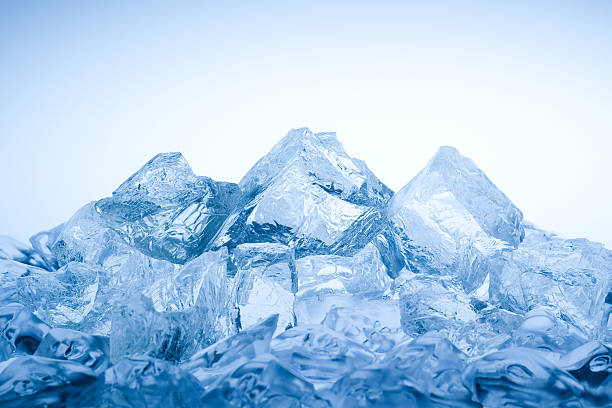
Cleaning and Maintenance
Regular upkeep ensures safe hygienic ice and operational longevity of equipment. Follow manufacturer cleaning guidelines. Key tasks:
- Fully dry and air out trays between uses to prevent mold.
- Descale machines to remove mineral buildup.
- Sanitize with bleach or other antimicrobials.
- Replace filters as needed.
- Fix leaks immediately to avoid mold and malfunction.
- Have machines professionally serviced yearly.
Product Recommendations
These highly rated products can level up your ice making:
- Opal Countertop Nugget Ice Maker – high capacity machine perfect for hot climates.
- Tovolo Sphere Ice Molds – creates large, slow melting spherical ice.
- Beyond Zero Clear Ice Cube Trays – produces crystal clear cubes.
- Ecovessel Slim Stainless Steel Straw – keeps drinks icy cold.
- KitchenAid Stainless Steel Ice Cream Maker – make your own frozen treats.
Conclusion
In the future, look for more advanced refrigeration materials like liquid nitrogen freezing for instant ice cream. Solar-powered ice machines will reduce environmental impact. Smart technology will allow remote monitoring and diagnostics of ice makers. And flavor-infused colored ice could turn ice cubes into an artform. With ice’s extensive role in food and beverage settings, responsibility is key – limiting water and energy waste while using pure water to avoid contamination. Keeping equipment in good repair increases efficiency and lifespan. Proper handling and storage prevents foodborne illness. And considering alternate cooling methods like chilled stones can supplement ice use. With some forethought, ice can remain an integral part of food service for years to come.
https://bamboowokmanvel.com/food-drink/cooking-recipes/
Harmony Saunders is the CEO and founder of Bamboo Wok, a family-owned and operated Chinese restaurant that has been serving the Manvel, Rosharon, and Alvin communities for more than nine years. Our delicious dishes are made from scratch with the best ingredients, vegetables are fresh cut daily in our kitchen, and poultry is delivered every two days.
So whether you’re craving Chinese food for the family or need catering for your next event, please give us a try! We know you won’t be disappointed with our fresh, authentic Asian fare.

